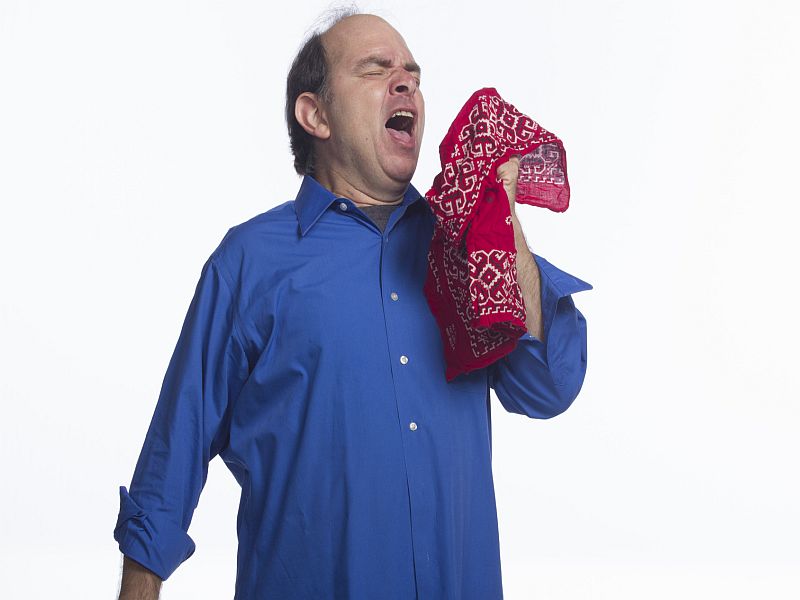By Len Canter
HealthDay Reporter

FRIDAY, Dec. 28, 2018 (HealthDay News) -- How highly you rate your health could predict how likely you are to catch a cold -- and, even more important, how healthy you'll be in later years.
Scientists at Carnegie Mellon University in Pittsburgh asked 360 healthy adults to rate their health as excellent, very good, good, fair or poor -- and then exposed them to a virus that causes the common cold.
Overall, about one-third developed colds. While none said "poor" and only a few said "fair," those who rated their health as "fair," "good" or even "very good" were more than twice as likely to develop a cold as those who described it as "excellent."
What makes people give themselves a high health rating independent of indicators like their medical records or a doctor evaluation? Such factors include following positive lifestyle habits like regular exercise, having a strong social network and feeling a high level of emotional well-being. People who fit the bill are less likely to get sick and more likely to live longer, the researchers found.
Conversely, people who think of their health as poor tend to have a poor health trajectory as they age.
On the subject of warding off the common cold, a separate study done at Carnegie Mellon along with researchers at the University of California, San Francisco found that just one extra hour of sleep can make a difference. Sleeping less than six hours a night makes you four times more likely to catch a cold than people who get more than seven hours. Sleep less than five hours and you're four and a half times more likely to be felled by a cold, the researchers reported.
The bottom line? Start taking steps to boost your health today … and make the first one getting a better night's sleep.
More information
Need a refresher course on other ways to avoid the common cold? The U.S. Centers for Disease Control and Prevention has tips that will help.
Back

The news stories provided in Health News and our Health-E News Newsletter are a service of the nationally syndicated HealthDay® news and information company. Stories refer to national trends and breaking health news, and are not necessarily indicative of or always supported by our facility and providers. This information is provided for informational and educational purposes only, and is not intended to be a substitute for medical advice, diagnosis, or treatment.






